Yoga for Exam Stress
by Hardik Mehta
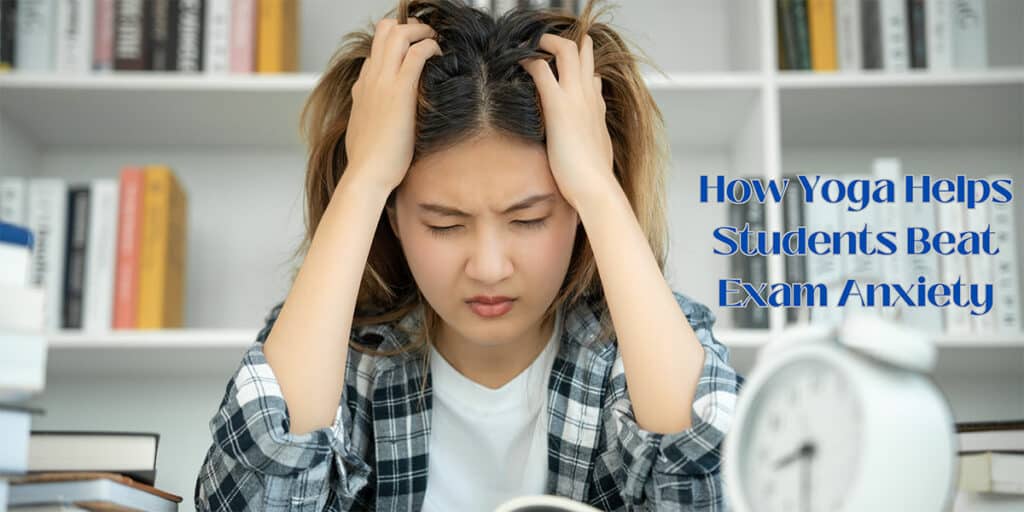
Yoga for Exam Stress
Exams are a stressful time for students, with the pressure to perform weighing heavily on their minds. Exam anxiety is a type of performance anxiety that occurs before or during exams. It can manifest as feelings of fear, worry, and stress, which can affect a student’s ability to concentrate and perform well. Symptoms of exam anxiety can include sweating, trembling, rapid heartbeat, and difficulty breathing.
Exam anxiety can have a negative impact on students’ academic performance and overall well-being. It can lead to poor concentration, memory problems, and even physical symptoms such as headaches and stomach aches. Additionally, exam anxiety can affect students’ self-esteem and confidence, making it harder for them to perform at their best.
One effective way to manage this stress and anxiety is through the practice of yoga. Yoga, an age-old practice, blends physical postures, breathing exercises, and meditation to enhance overall well-being. In this blog, we will explore how yoga can help students beat exam anxiety and improve their mental and physical health.
Yoga can be a powerful tool for managing exam anxiety due to its holistic approach to health and well-being. The practice of yoga has been shown to reduce stress, improve mood, and increase feelings of relaxation and calmness. Additionally, yoga can help students improve their focus and concentration, which can be beneficial during exam preparation and exams themselves.
In Mumbai, where the yoga scene is vibrant and diverse, students have access to a wide range of yoga classes and courses to help them navigate the challenges of exam season. One of the most popular forms of yoga in Mumbai is Ashtanga Vinyasa, a dynamic and physically demanding style that synchronizes breath with movement. This style of yoga is known for its ability to build strength, flexibility, and mental focus – qualities that are invaluable during exams. Students who practice Ashtanga Vinyasa find that it helps them stay grounded and centred, even in the face of academic pressure.
Physical Benefits of Yoga
One of the key benefits of yoga is its ability to reduce physical tension in the body. The practice of yoga postures (asanas) helps stretch and strengthen the muscles, releasing built-up tension and promoting relaxation. This can help students feel more physically comfortable and less tense during exams.
Furthermore, yoga offers students a physical outlet for stress relief. The physical practice of yoga helps release tension from the body, leaving students feeling more relaxed and energized. This can be especially beneficial for students who spend long hours sitting and studying, as it helps prevent the physical discomfort that can arise from prolonged periods of inactivity.
Mental Benefits of Yoga
Yoga also has several mental benefits that can help students manage exam anxiety. The practice of yoga encourages mindfulness, which is the ability to be present and aware of one’s thoughts and feelings without judgment. This can help students reduce negative thinking patterns and cultivate a more positive outlook.
Specific Yoga Poses for Exam Anxiety
There are several yoga poses that can be particularly beneficial for managing exam anxiety. These poses help stretch and relax the body, promote deep breathing, and calm the mind. Some of these poses include:
- Child’s Pose (Balasana)

This pose helps release tension in the back, shoulders, and chest, promoting relaxation.
- Cat-Cow Stretch (Marjaryasana-Bitilasana):
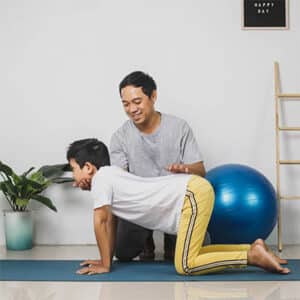
This gentle flow between two poses helps stretch the spine and improve flexibility.
- Standing Forward Bend (Uttanasana):
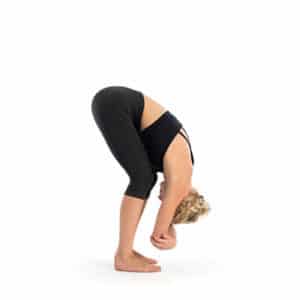
This pose helps calm the mind and relieve stress by allowing the head to hang below the heart.
- Corpse Pose (Savasana):
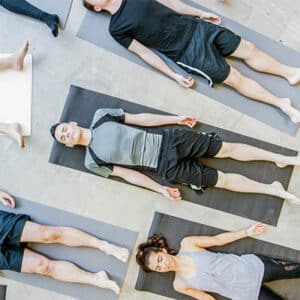
This final relaxation pose helps relax the entire body and calm the mind.
Breathing Techniques in Yoga for Exam Anxiety

In addition to yoga poses, breathing techniques (pranayama) can also be helpful for managing exam anxiety. Deep breathing and alternate nostril breathing are two techniques that can help calm the mind and reduce stress.
- Deep Breathing (Pranayama):This technique involves taking slow, deep breaths to calm the mind and relax the body.
- Alternate Nostril Breathing (Nadi Shodhana): This technique involves breathing through alternate nostrils to balance the body’s energy and calm the mind.
Mindfulness and Meditation in Yoga
Meditation is another powerful tool that students in Mumbai use to combat exam anxiety. Meditation classes in Mumbai offer students a space to quiet their minds, focus their thoughts, and cultivate a sense of inner peace. By incorporating meditation into their daily routine, students can reduce stress levels, improve concentration, and enhance their overall well-being.
Mindfulness and meditation are integral components of yoga that can help students manage exam anxiety. These practices entail directing your attention to the current moment, fostering an inner sense of tranquillity and serenity. Mindfulness and meditation can help students reduce stress, improve concentration, and enhance their overall well-being.
In conclusion, yoga can be a valuable tool for students looking to beat exam anxiety. Its combination of physical postures, breathing exercises, and meditation can help students manage stress, improve concentration, and enhance their overall well-being. By incorporating yoga into their study routine, students can better prepare themselves mentally and physically for exams, ultimately improving their academic performance and well-being.
For those looking for a more structured approach to yoga, many yoga studios in Mumbai offer yoga courses specifically designed for students. Sayujya Yoga is one of the best Yoga institute in Mumbai which offers Teacher training courses and short courses. Whether through Ashtanga Vinyasa, meditation, or a structured yoga course, students can access to a variety of resources to help themselves manage stress and perform at their best. By incorporating yoga into their daily routine, students can not only learn valuable tools to manage exam anxiety but also develop a lifelong practice that will benefit them long after their exams are over.
About the Author
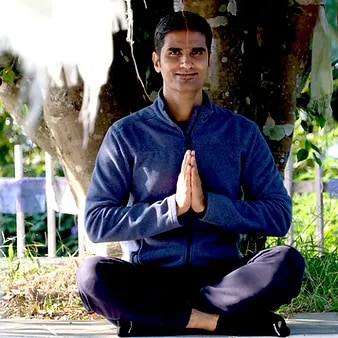
Hardik Mehta
Hardik is an E-RYT 500 & YACEP (Yoga Alliance Continuing Education Provider), Yoga Alliance, USA. He has been practicing yoga for the last 9 years. Prior to finding his true calling in Yoga, he was working with various corporates for 12 years in the Retail and eCommerce sector.
